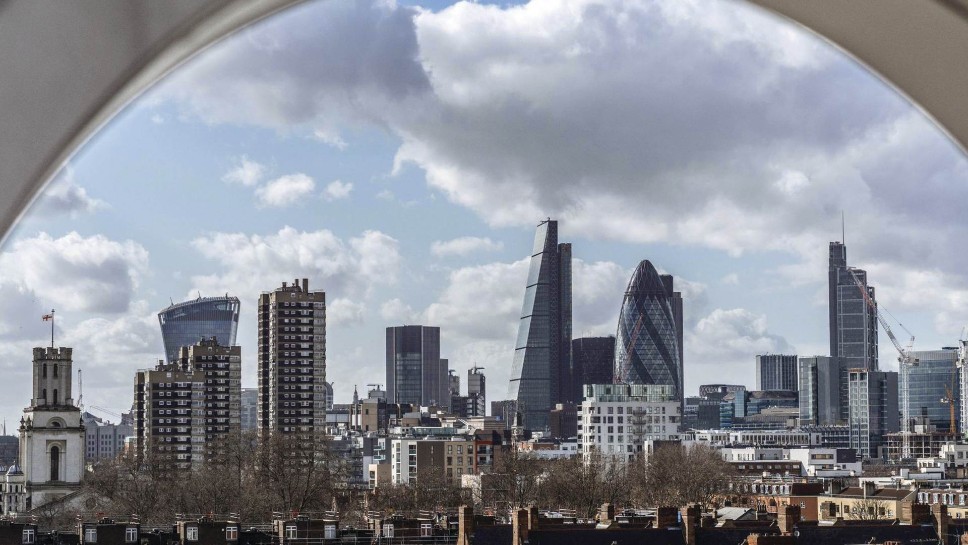This blog post was first published on the HEPI blog on Friday 2 July 2021.

In the run up to November’s postponed COP26, the conversation around climate change is gaining pace. This week sees the third year of London Climate Action Week, a campaign bringing together climate professionals and communities across the city to find solutions and break down silos in the fight against climate change.
But when it comes to discussion of this vital issue, it seems that London universities are often left out of the conversation. Perhaps it’s our association with the ‘big smoke’, or our city campuses which lack the vast green spaces we see in other parts of the country.
Compact campuses aside, here in the capital we’re home to a quarter of the UK’s higher education institutions, with significant staff and student populations including a huge number of international students: over 125,000 arrived in London for the 2018/19 academic year.
We are also in the eye of the climate change storm: our hotter and drier summers are combining with the urban heat island effect – which can see inner city temperatures 10 degrees higher than in neighbouring rural areas. And with 15% of London in flood plain, increased rainfall looks set to cause further flooding problems in the city. It is clear a great deal of work is needed to protect vulnerable Londoners.
As both global players and anchor institutions in our local areas, London’s universities have a central role to play in tackling the issues around climate change – and I have seen some great examples of some of the work already taking place in my role as Executive Chair of the new London Higher Sustainability Network.
We are a group of 33 universities, each committed to driving climate action in our local area and supporting wider efforts to act on this urgent issue. The network includes institutions from all corners of the capital: from Islington to Wandsworth, Ealing to Tower Hamlets.
Our members are serious about cutting carbon: the Royal Veterinary College reduced its emissions by 37% in 2018/19 compared to their 2010/11 base.
At the University of Greenwich, an ambitious commitment to net zero by 2030 has seen the university awarded the Planet Mark sustainability certification.
And here at Goldsmiths, we recently secured government funding to install a new low carbon heating network on campus, which will help us cut our gas consumption by 75% and save over 1,100 tonnes of carbon each year, compared to our 2018-19 baseline.
Our network is making important contributions to climate change research.
- UCL is working with the Met Office to improve weather and climate modelling.
- At City, the European Social Survey is surveying public attitudes to climate change.
- At Goldsmiths, colleagues in the Critical Ecologies Research Stream explore issues from environmental justice to climate migration.
Students want their teaching to take on these topics which is why climate change is a key focus of a Comprehensive Curriculum Review at Goldsmiths, ensuring future students leave us with the tools they need to understand these problems and contribute to change.
I’m looking forward to seeing what our network can achieve, as a group of universities with our sights set firmly on climate action. We’re encouraged to compete, but by working together with our many civic partners, I know that London higher education institutions can be part of building a better future for Londoners.
If we can get it right here, there’s hope for cities everywhere.




